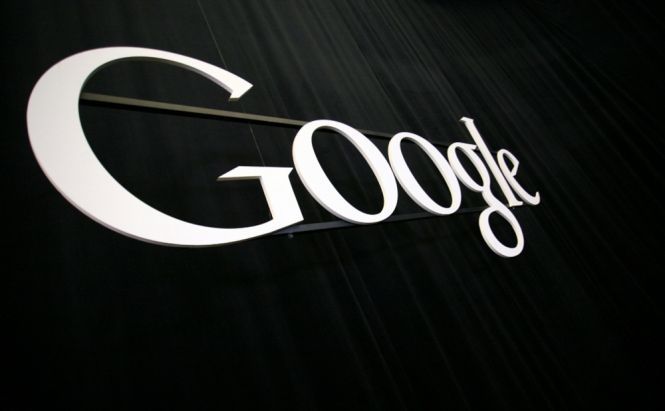 Google's vision for the future of search
Google's vision for the future of search
Back at the Futurapolis conference in Toulouse, Behshad Behzadi, director of Google's search innovation, shared his thoughts on the future development of Google's search algorithms. How will it work, which aspects will be taken to the foreground and how exactly may google.com look like in the future?
Basically, there are several features that Google bets on. First and foremost, there's the voice search. Voice interaction is much more efficient in terms of time and effort, but the fact that we do not form our utterances clearly all the time results in misunderstanding or unclear pronunciation. Add some background noises to that and you may get complete mumbo-jumbo. It is not that crucial if we interact with other humans, as our communication partners can easily correct the mistake on the go and reproduce what we intended to say even if the surroundings are quite noisy. That is what Google is currently after – making voice interaction with a computer more efficient by reducing the error rate of voice recognition system. In the past two years the company managed to reduce the rate from one-in-four mistakes in voice queries to one-in-sixteen.
Google also has high hopes for mobile devices. Mr. Behzadi sees the smartphones of the future as our daily assistants that we can communicate with naturally. Another cool feature is voice search within apps. For instance, if you have a Facebook app opened and hold the "home" button for a voice search query, the algorithm will search for information within the opened app. Google will also link your current queries with the previous one to give more accurate results; thus, if you searched for “Sweden” and then “mountains”, the pictures of mountains in Sweden will be on the top of the list. As you see, context is currently the focal point for further development.
Not only the apps you use, but your current location and browsing habits can narrow down the context, providing you with more relevant search results. This will help you get relevant information without specifying your result, as the system already knows what you usually like and where you are. Thus, if you ask a question that implies a certain degree of subjectivity, like “Are there any concerts this week?” or “Where can I hang out with my friends?” the results will be displayed based on your own preferences in music genre or activities.
In a nutshell, Google search is getting even more personalized and contextualized. All in all, getting exactly what you are looking for is what the web-search all about. Or is it? Sometimes, finding something you didn't expect to is much more encouraging and gives you that feeling of discovery, when you find yourself at 2 a.m. reading about Thomas of Torquemada, although you were just looking for that episode of Monty Python.
If you find this piece of news interesting, you may also want to learn why context suggestions and personalized search don't work.



